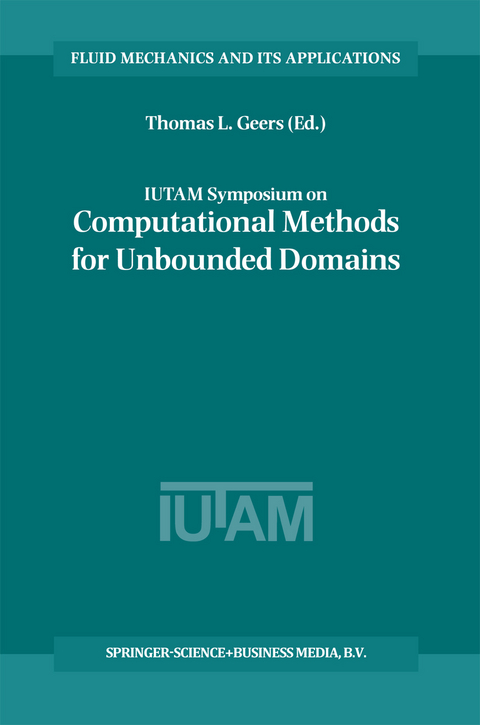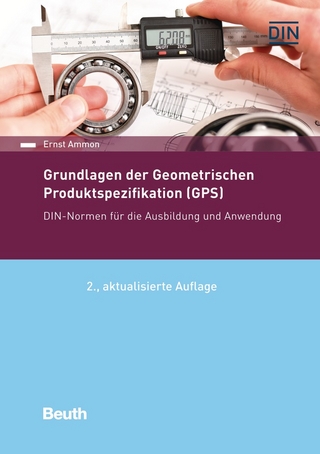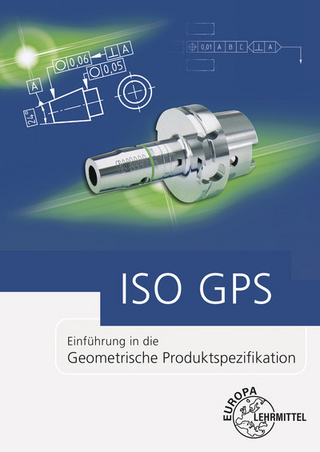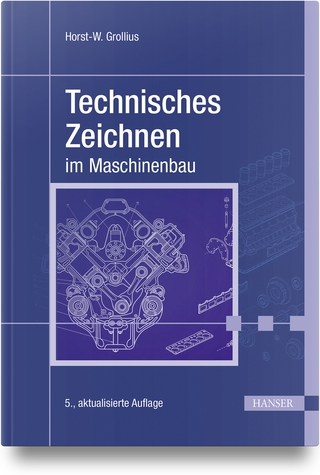
IUTAM Symposium on Computational Methods for Unbounded Domains
Springer (Verlag)
978-90-481-5106-6 (ISBN)
During 27-31 July 1997, thirty-seven researchers in acoustics, aeronautics, elastodynamics, electromagnetics, hydrodynamics and mathematics participated in a Symposium on Computa tional Methods for Unbounded Domains. The symposium was sponsored by the International Union of Theoretical and Applied Mechanics and was held at the University of Colorado in the United States of America. The symposium was opened by Dr. Richard Byyny, Chancellor of the University's Boulder Campus, who concluded his remarks by reading a letter from Professor Bruno A. Boley, JUT AM Representative on the Scientific Committee. Thirty-three papers were presented. About two-thirds of these focused on the classical wave equation of acoustics; however, three papers dealt with hydrodynamic surface waves, two with electromagnetic waves, three with elastodynamic waves, and four with waves in aero dynamics. Approximately two-thirds of the papers addressed steady-state problems, with the rest treating problems in the time domain. Extended abstracts of the papers appear in this volume, arranged in alphabetical order according to the last name of the presenting author. A key unifying aspect of the symposium was the creation of four working groups that labored in parallel to formulate benchmark problems for evaluating computational boundaries. The working groups reviewed the papers presented each day, searching for benchmark candidates. Then they considered other possibilites and organized the ensemble into logical categories. At the end of the symposium, each group presented its benchmark candidates to the assembly of participants, which subsequently made a preliminary consolidation of the benchmarks.
Benchmark Problems.- Recent Advances in Applying Wave-Envelope Elements to Unbounded Wave Problems.- Water-Wave Green’s Function for a 3D Uneven-Bottom Problem with Different Depths at x ? + ? and x ? ? ?.- New Mapped Wave Infinite Element and Diffraction of Waves by Elliptical Cylinders of Varying Aspect Ratio.- Absorbing Boundaries for Acoustic Wave Propagation Problems.- Multipole-Based 3-D Infinite Elements: An Ellipsoidal Acoustic Element and a Spherical Electromagnetic Element.- A Practical Comparison of Finite Element and Boundary Element Formulations for Modeling Sound Radiation from Elastic Plates.- Approximation of Transient Hydrodynamics on Unbounded Domains Using Rational Functions.- Proof of Convergence for the Coupled Finite/Infinite Element Methods for Helmholtz Exterior Boundary-Value Problems.- Uses of the Berenger PML in Pseudospectral Methods for Maxwell’s Equations.- ETA Expressions for the High Frequency Impedance of a Uniformly Pulsating Submerged Torus.- Wave vs. Geometric Based Modeling of Barriers with Atmospheric Effects.- Calculation of Transient Response of Viscoelastic Unbounded Domains by Direct Boundary Element Method.- Singly and Doubly Asymptotic Computational Boundaries.- Infinite Element Methods.- Optimal Local Artificial Boundary Conditions.- Reduction of the Complexity of the Intrinsically Nonlinear Problem of Aerodynamic Sound Generation in an Unbounded Medium.- Transient Analysis of Wave Propagation in Unbounded Media: Space-Time Methods and Continued-Fraction Implementations.- Exact and High-Order Boundary Conditions in the Time Domain.- A Variational Formulation for Partitioned Exterior Problems.- A Systematic Approach for Constructing Asymptotic Boundary Conditions for Wave-Like Equations.- Experience with PMLBoundary Conditions in Fluid-Flow Computations.- Absorbing Boundary Conditions for Dispersive Waves.- Absorbing Boundary Conditions of Arbitrary Shape for the Three-Dimensional Wave Equation.- Acoustic and Electromagnetic Scattering by Large Resonant Structures.- A Comparison between Time and Frequency Domain Approaches for Rigid Body Scattering Problems.- Optimizing the Perfectly Matched Layer.- Implementing Highly Accurate Non-Reflecting Boundary Conditions for Large Scale Problems in Structural Acoustics.- Progress on Highly Accurate Non-Reflecting Boundary Conditions for Finite Element Simulations of Transient Acoustics Problems.- The Scaled Boundary Finite-Element Method: Future Developments.- On the Combined Implementation of Global Boundary Conditions with Central Difference Multigrid Flow Solvers.- A Response Analysis of Very Large Floating Structure under Airplane Landing by FEM and a Sponge Layer for the Unbounded Domain.- The Scaled Boundary Finite-Element Method: State of the Art.- Absorbing Boundary Conditions for Domain Decomposition.
| Reihe/Serie | Fluid Mechanics and Its Applications ; 49 |
|---|---|
| Zusatzinfo | XV, 328 p. |
| Verlagsort | Dordrecht |
| Sprache | englisch |
| Maße | 160 x 240 mm |
| Themenwelt | Mathematik / Informatik ► Informatik ► Theorie / Studium |
| Informatik ► Weitere Themen ► CAD-Programme | |
| Mathematik / Informatik ► Mathematik ► Angewandte Mathematik | |
| Naturwissenschaften ► Physik / Astronomie ► Mechanik | |
| Technik ► Elektrotechnik / Energietechnik | |
| Technik ► Maschinenbau | |
| ISBN-10 | 90-481-5106-6 / 9048151066 |
| ISBN-13 | 978-90-481-5106-6 / 9789048151066 |
| Zustand | Neuware |
| Haben Sie eine Frage zum Produkt? |
aus dem Bereich


